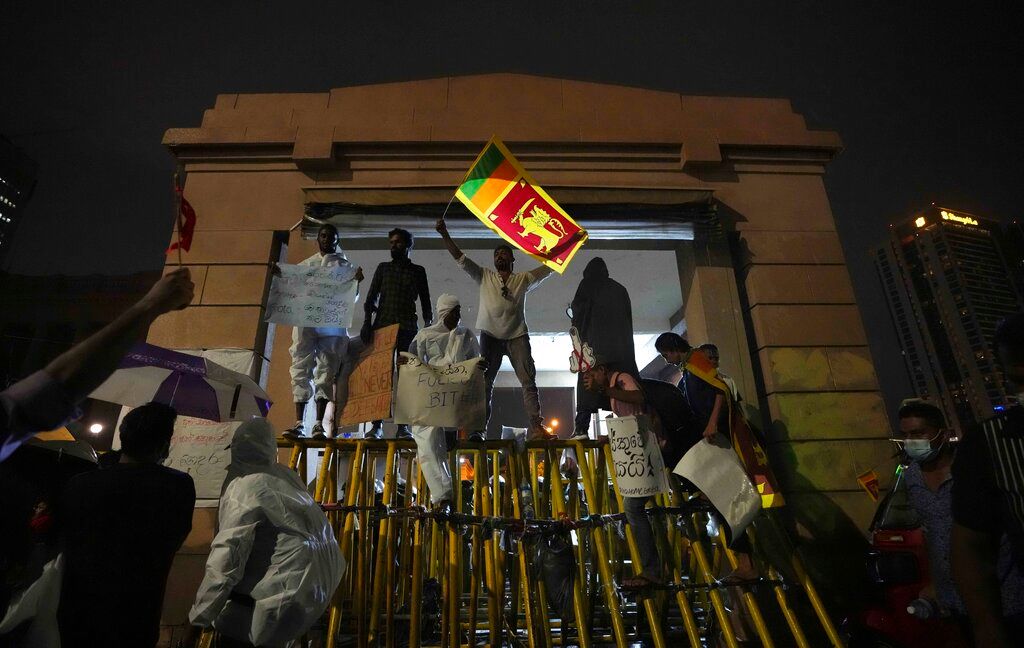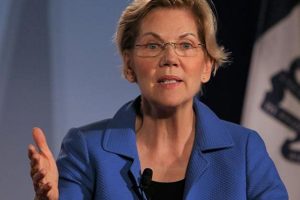As Sri Lanka continues to experience its worst economic crisis, the country’s Colombo Stock Exchange (CSE) has been ordered to temporarily halt the stock market for five days, beginning from April 18.
Announcing the halt through a statement, the Securities and Exchange Commission (CSE) said that it is “of the view that it would be in the best interests of investors as well as other market participants if they are afforded an opportunity to have more clarity and understanding of the economic conditions presently prevalent, in order for them to make informed investment decisions.”
“Therefore, acting in terms of the provisions contained in Section 30 of the Securities and Exchange Commission Act No. 19 of 2021, the SEC has decided to direct the CSE to temporarily close the stock market for a period of five business days commencing from 18th April 2022,” the statement read.
The SEC also added that it has “evaluated the impact the present situation in the country could have on the stock market, in particular the ability to conduct an orderly and fair market for trading in securities.”
The SEC further revealed that several other stakeholders of the securities market such as the Colombo Stock Brokers Association have also sought the market closure due to the ongoing crisis in the island country.
Also Read: Crisis-hit Sri Lanka asks citizens abroad to send home money
Earlier this month, trading at the country’s stock exchange was briefly suspended after the blue-chip index dropped 5.92% within mere seconds of opening.
The economic state of Sri Lanka has witnessed deterioration ever since the COVID-19 pandemic began. As the virus hit, it collapsed the country’s tourism sector, followed by the agriculture sector hitting an all-time low after the government decided to ban chemical fertilizers to achieve an all-organic agricultural objective.
Also Read: China stalls on bailing out Sri Lanka, Pakistan as debt soars
Now, a shortage of foreign exchange has ensued in the country which has resulted in its ability to import fuel and food and has caused it to fully default on its foreign debt.







